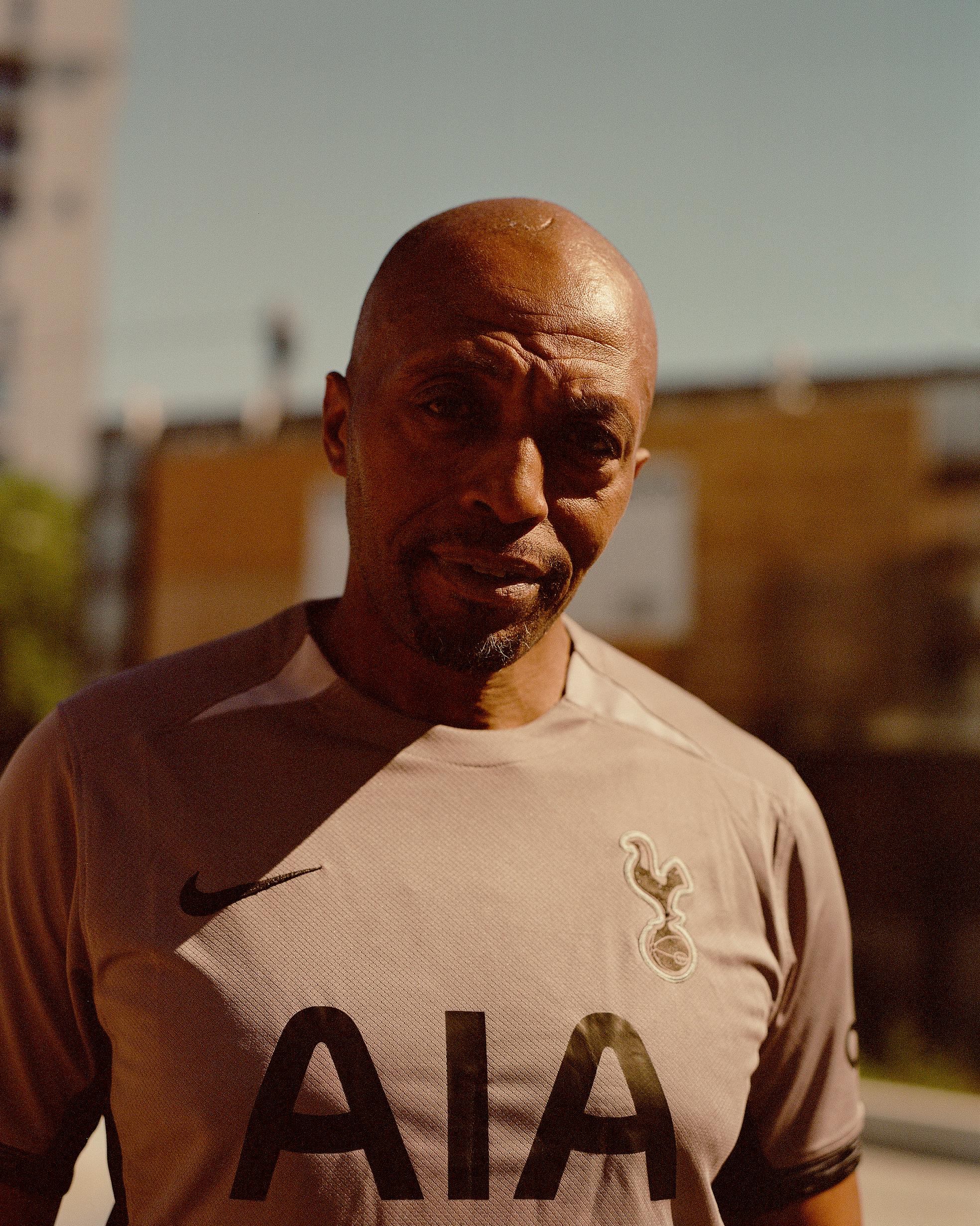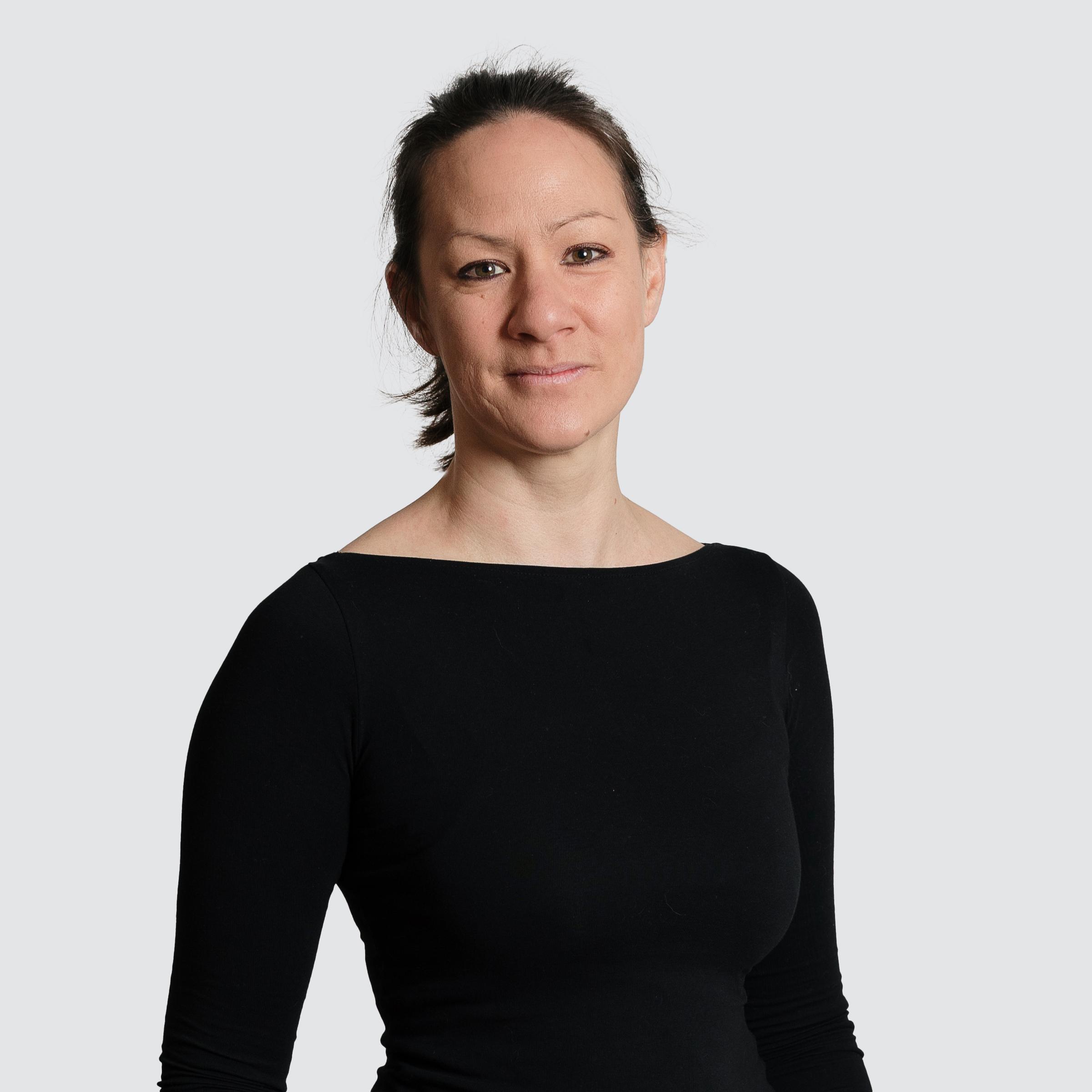Developing a knowledge bank of lived experience priorities to help solve poverty
We are making a knowledge bank of the key things people living in poverty want action on, so government and the wider poverty sector can use it to inform their work.
JRF want the priorities of people with direct experience of the economic injustice of poverty to be reflected in the government institutions and organisations seeking to address it. We’re working with the Manchester-based non-profit organisation GMCVO, collecting examples of robust participatory and power sharing work. We’re pulling out key themes to create a bank of evidence for government, funders, poverty organisations, community people led organisations and the wider sector to draw on in their work.
This is phase 1 of a project that aims to support more work to be carried out on the issues that are repeatedly deemed important by people with experience of economic injustice across the UK.
Knowledge injustice
People in poverty not only experience economic and material insecurity, they are also excluded from processes that create knowledge and are not included in creating solutions to issues that they are directly affected by. This form of injustice can be defined as follows:
"Recognising the other as a thinking person with the capacity to hold and share knowledge to offer insight into the human condition is an intrinsic part of valuing another human being. Not doing so or denying the other the means to do so, amounts to knowledge-based injustice: an injustice related to the social production and recognition of knowledge."
- Tom Croft, Socially Distanced Activism.
Those who create knowledge hold power, and people whose lives are affected by an institution’s efforts to improve society are often excluded from participating in such knowledge creation. Whose knowledge is sought out and included in social change initiatives? Whose concerns and priorities are listened to across civil society? At its extreme this knowledge inequity is evidenced in tragedies like Grenfell and the Post Office scandal, where issues were repeatedly highlighted yet consistently ignored.
This is an important facet of the realities of poverty that go beyond material hardship. It is an issue repeatedly highlighted as a core part of the experience of poverty by those experiencing it, and an area that has been identified as one of the core causes of health inequalities in Scotland. Tackling stigma and the way people are treated has been deemed one of the top 5 priorities in the Welsh Government draft child poverty strategy.
This is the reality we hear so often when working in deep participatory ways with people personally affected by economic injustice. The experience of poor infrastructure and how people are treated by services, government, the media and how little their voices seem to be acted on. This issue of power, agency and voice is often what gets prioritised when people are treated not just as passive informants to research processes, but as active creators and holders of knowledge instead.
This has been evidenced in the power sharing and participation work that JRF has initiated and been involved in over the past 7 years. We’ve worked in power sharing ways with people with lived experience as knowledge creators and holders, to create policy solutions. We’ve also funded work led by grassroots organisations that take a power sharing approach. As Lela Kogbura powerfully argues ‘it is clear that the evidence that has been relied on for decades to inform policy, practice and resource utilisation in the UK has not been effective at tackling hardship for racialised communities’ (Kogbura, 2024). She goes on to cite examples of where more equitable forms of ‘pooling knowledge and data democratisation’ is happening, demonstrating that this approach is possible to implement when the willingness is there.
As a response to the learning we have had over the past 7 years, this new strand of work in JRF seeks to create an evidence base of knowledge created by people directly affected by the economic injustice of poverty. This will form part of our broader insight infrastructure development work which we hope will be used by a broad range of stakeholders as a way of democratising data and supporting more social change efforts grounded in the development of collective intelligence.
Where are we now?
Interest in participatory approaches, co-design and lived experience has grown over the past decade or so. The approach is not new, but its application over the years has been inconsistent. Recently it experienced a lengthy ‘in vogue’ period which is very much welcomed and is good progress. However, in social change initiatives the role of people with lived experience is still mainly in the roles of passive, beneficiary; an informant role or an illustrative role rather than as an equal knowledge holder / creator.
Existing issues include:
- There still seems to be a preoccupation with 'finding new and interesting insights' or 'powerful' case studies, and speakers to add 'colour' to research and campaigning asks, that have been developed without the people whose lives these policies and campaigns are created for. Over the past few years this has been increasingly challenged by organisations such as the Centre for Knowledge Equity and campaigners like Darren McGarvey with his new Trauma Industrial Complex campaign.
- Power sharing/building approaches are increasing but still not the norm, especially in the policy design/development space. Co-production and co-design has become more the norm in service design which is hugely welcome, but less so in the policy design and development world.
- Qualitative research focus groups, surveys, and so on, continue to be conflated with robust power sharing participatory approaches.
There is still, sadly, a lack of diversity within government, parliament and civil service. This is the same in the think tank, campaigning and funding sector as research undertaken by Reclaim reveals. This means that despite good intentions, assumptions and biases towards certain forms of knowledge are being perpetuated in the sector:
- Participation is predominantly understood as data extraction methodology rather than an equity centred approach to social change that lives and breathes an institution’s stated Equality, Diversity and Inclusion goals. Something especially important given the lack of diversity that exists in the knowledge production sector (academia, think tanks, campaigning charities)
- There are stark inequities regarding who has access to funding and resources to develop knowledge, research and campaigns, as Civic Power Fund sets out.
What are we doing?
We have commissioned a thematic review of the work that exists already where people with experience have said what they think the most important issues to address are. We want to create an evidence bank that brings this together, pulls out repeated themes and creates a platform of insight that can be used by JRF and the wider poverty sector.
This is not about uncovering new issues, it is about finding out what issues people with experience have said they think are the priority areas for change.
We have commissioned GMCVO to design and deliver this review, emphasising 2 main things:
1. Intersectional equalities approach
We want to take an intersectional approach to this and make sure we go beyond our current networks, expand and diversify them; this is a priority.
We want to seek out organisations working on these identity and equality issues to make sure we capture priorities related to poverty, where knowledge equity approaches have been taken.
We want to keep in mind that people from a specific equality group, based around a specific characteristic, may in fact have multiple characteristics that make them much more likely to experience economic injustice.
2. The type of work we want to include is important
We are being strict and specific on this. Ensuring that:
- It is work where people with experience have decided on the recommendations and priorities, not researchers on their behalf.
- The process of prioritisation has been one that has been enabled in a deep way. We're less interested in knee-jerk responses to surveys or one-off focus groups. They have their place but for this piece of work, we're interested in where robust reflection, deep thinking and knowledge production and prioritisation has taken place. Where people have been involved in all stages - problem definition, analysis and prioritisation.
Our aim for the findings
We want to provide a resource to inform the priorities of the organisations that seek to improve our lives, the think tanks, the campaigning charities, the funders, and ultimately the government. And encouraging data democratisation and an equitable approach to knowledge creation that seeks to bring about social change.
We also want this to be useful for grassroots experience-led organisations. We hope this will create evidence that will be of use to back up the incredible work already happening, to support more attention paid to the issues that people are saying are important.
This is phase 1, developing the evidence bank. Phase 2 will be about making sure people know about it, developing it into a useful tool, and thinking about how we can use it to influence at different levels; we would of course want that to take a knowledge equity approach. All to be further developed in 2025.

This explainer is part of the power and participation topic.
Find out more about our work in this area.
